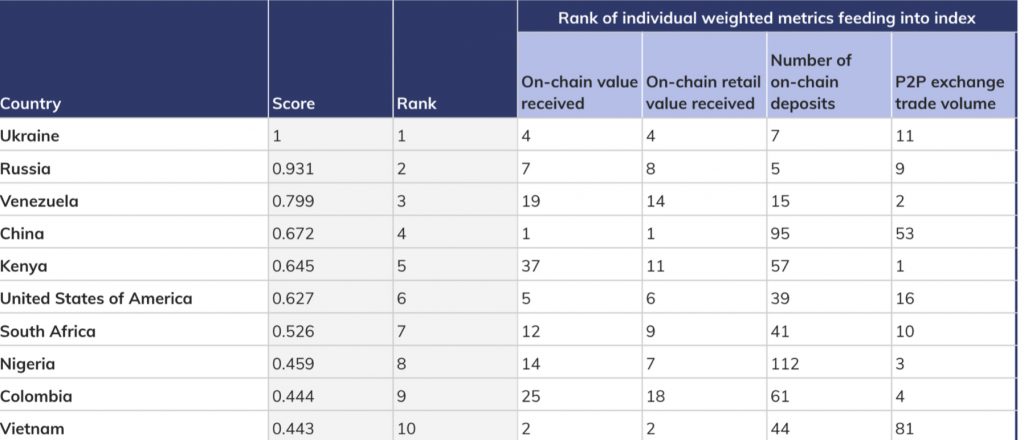
A famous U.S.-based pizza chain has begun accepting cryptocurrency payments in all its stores in Venezuela.
According to a Nov. 27 tweet from crypto services firm CryptoBuyer, Pizza Hut stores in the South American nation now accept crypto as a form of payment for food and drinks. The move follows the crypto firm partnering with Mega Soft to drive adoption in Venezuela by facilitating crypto payments at more than 20,000 shops and businesses.
“Pizza Hut nowadays cannot be detached from these technological advances and all those incorporating new approaches for daily necessities,” said Richard ElKhouri, General Director for Venezuelan operations of the pizza chain, in an interview with local news outlet ElAxioma. “It is important that we accommodate young people, modern adults, and people technologically knowledgeable.”
Using CryptoBuyer, customers can purchase pizza at the restaurant chain with Bitcoin (BTC), Litecoin (LTC), Dash (DASH), Binance Coin (BNB), Binance USD (BUSD), Ether (ETH), Tether (USDT), Dai (DAI), and its native token XPT. Pizza Hut has locations in the capital, Caracas, as well in the cities of Maracay, Maracaibo and Barquisimeto.
Based in Panama, Cryptobuyer is a cryptocurrency merchant gateway startup that also runs Bitcoin ATMs across Central and South America. The firm has already opened popular companies for crypto payments, including U.S.-based fast food chains like Burger King, the Tamanaco Intercontinental Hotel in Caracas, and Traki, the largest chain of retail stores in the country.
Bitcoin’s beginnings go hand-in-hand with the American staple dish, as the first documented commercial purchase using the cryptocurrency was an order for two pizzas. On May 22, 2010, programmer Laszlo Hanyecz completed the first documented commercial Bitcoin purchase, paying 10,000 BTC — now worth roughly $181 million — for a Bitcoin Talk forum user to send him two pies from a Papa John’s store in the United States.
Image Credit: Refer to Source
Author: Refer to Source Cointelegraph By Turner Wright









![Bitcoin Dangerously Close To Going Parabolic in 2021 | Europe & Venezuela Get Serious [MUST WATCH]](https://i1.ytimg.com/vi/TnujU9Gnmfk/hqdefault.jpg)

